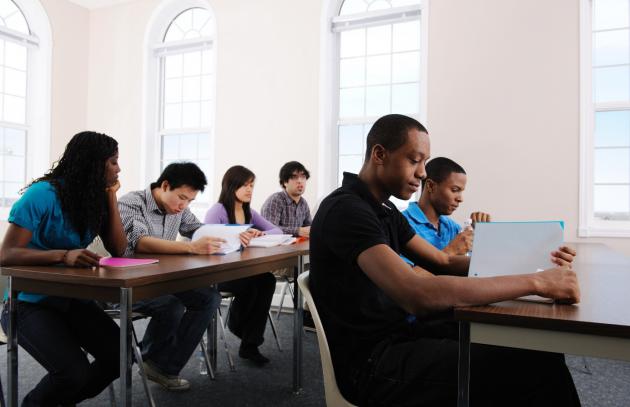higheredu.jpg

The Education 2030 agenda, adopted in 2015, provides a new international vision for education. Its main objective is to “Ensure inclusive and equitable quality education and promote life-long learning opportunities for all”. How can countries best plan for the implementation of this ambitious and comprehensive education vision? This question will be the focus of the 2016 IIEP Strategic Debate series.
Speaker: Eva Egron-Polak, Secretary-General, International Association of Universities
Discussant: Peter Wells, Head of Section, Higher Education, UNESCO
Moderator: Michaela Martin, Programme Specialist, IIEP
The Education 2030 agenda sets itself apart from previous international commitments in education, such as Jomtien, Dakar and the MDGs, as the first which refers specifically to higher education as part of a lifelong learning vision. Indeed, through its teacher training capacity, (HE) plays an important role in the support of other levels of education. Education 2030 thus rightly emphasizes the interdependency of education levels, and the importance of HE – as an apex of the whole education system – in the distribution of life chances, social cohesion and the preparation of advanced human resources. By committing to the Education 2030 agenda, countries have committed to 12 years of free, publicly funded, equitable quality primary and secondary education, as well as equal and increased access for all women and men to quality higher education. This Strategic Debate will assess the possible consequences of this commitment, as well as the implications for planning, given the development of a more balanced and systemic vision for the education sector as a whole.
Monday, 9 May 2016
4 p.m. to 6 p.m. IIEP Auditorium
Contact: m.martin@iiep.unesco.org / 01 45 03 77 52
The seminar will be held in English with simultaneous interpretation into French.
IIEP, 7-9 rue Eugène Delacroix, 75116 Paris. Metro: Rue de la Pompe, line 9.





